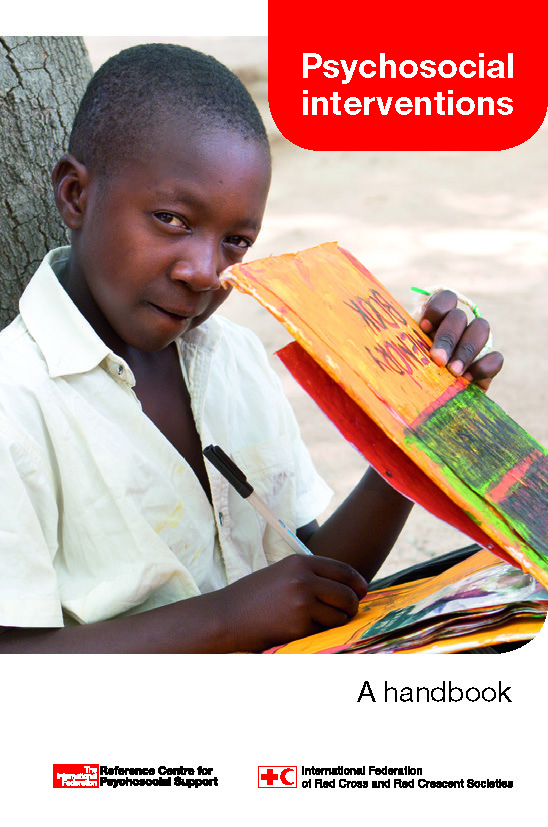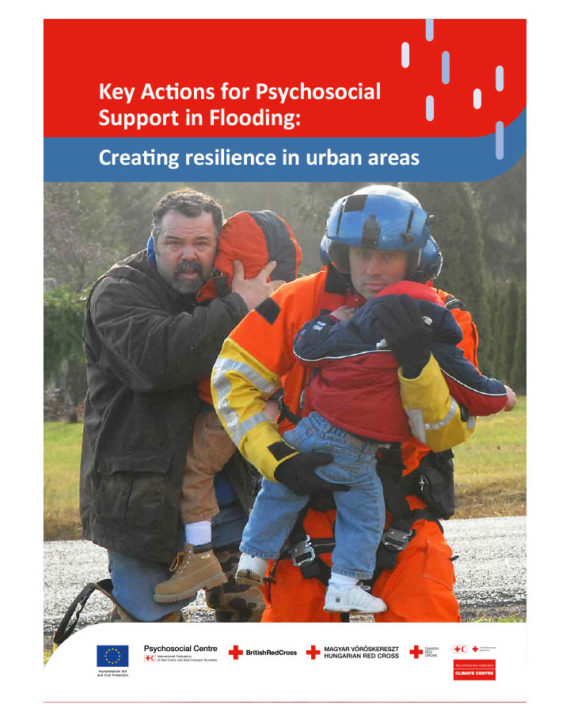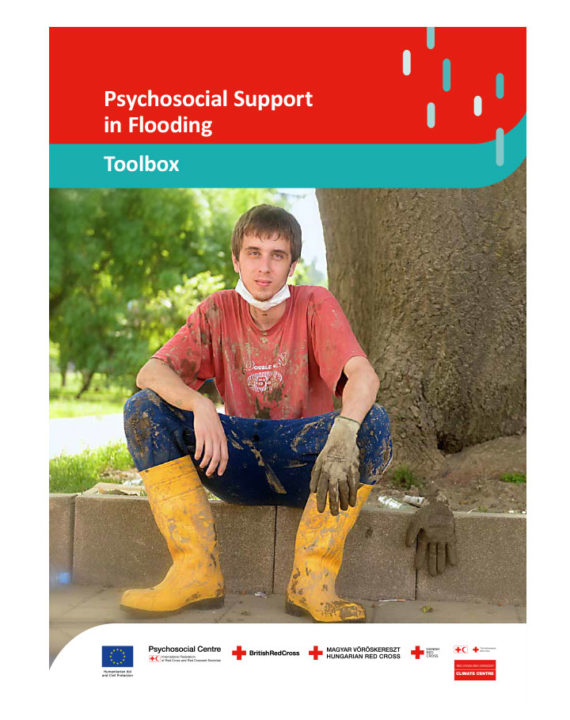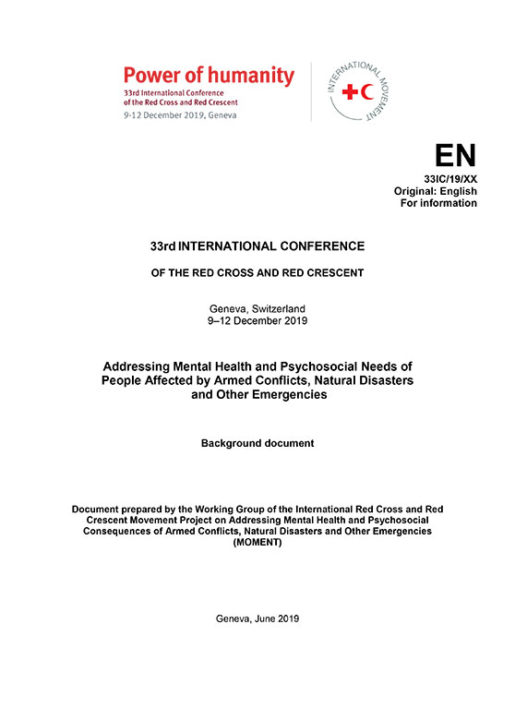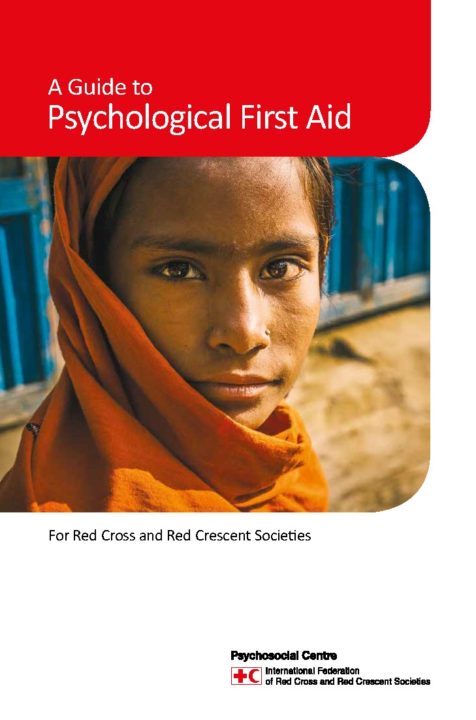This handbook reflects the increasingly active role that the Red Cross Red Crescent Movement plays in psychosocial responses. The development of the handbook is a result of collecting lessons learned on the many varied psychosocial interventions that have been implemented in different countries recently, with a particular focus on the psychosocial response to the Indian Ocean tsunami of December 2004.
This event led to one of the largest emergency responses in history, with the involvement of a multitude of organisations and individuals in many varied psychosocial interventions. These interventions helped thousands of communities, families and individuals and contributed to increasing global awareness on psychosocial needs and responses following critical events and during crises. The handbook consists of considerations and recommendations for psychosocial practitioners, setting up a psychosocial intervention for the first time, paying attention to assessing needs and resources, planning and implementation, training, monitoring and evaluation. A CD with documents and tools, all of which are also available on our resource database, accompanies the hardcopy of the handbook.


